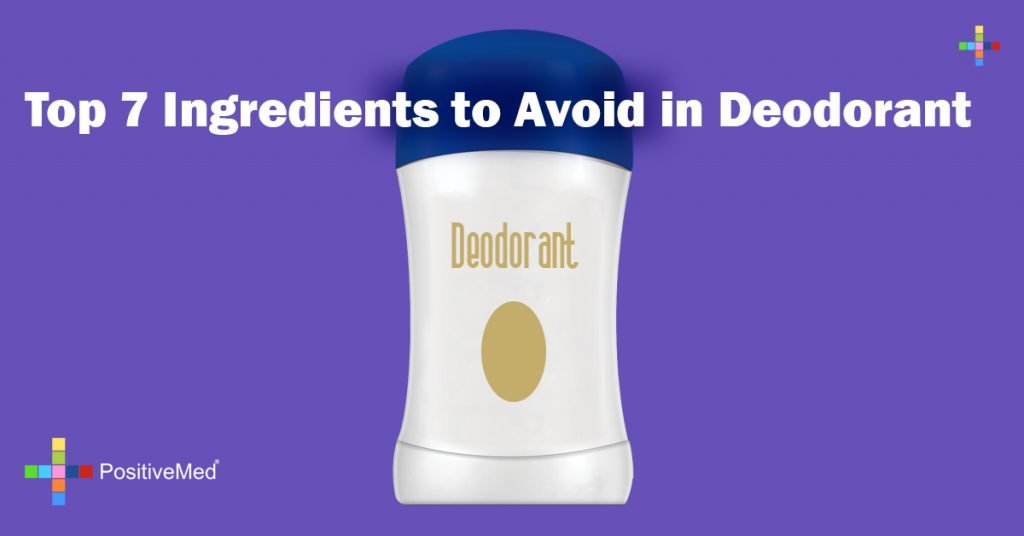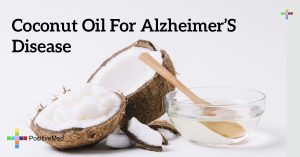
Is Your Deodorant Toxic?Top 7 Ingredients to Avoid in Deodorant
Deodorants are an essential element for many. You can find it in almost everybody’s bathroom, but do you know what the ingredients are and if they are toxic? Many are unaware of the toxins present in deodorants and their dangerous effects on our body, and continue to use them to get rid of odor and perspiration.

Here are 7 ingredients to avoid when selecting your deodorant:
-
Aluminum
Aluminum is used to stop sweating and can account for up to 25% of the volume of antiperspirants. It is a mineral not found in our bodies. Studies have linked excess use of it to cancer in animals and breast cancer in women. It is a toxin absorbed at a higher rate when people shave their armpits.
-
Parabens
These chemicals are used as a preservative. It is the most harmful and dangerous ingredient in deodorant. Use of parabens can lead to early puberty in children, high risk of hormonal cancers, birth defects, and organ toxicity.
-
Propylene Glycol
This is used in deodorant to keep it from drying out, it was developed as anti-freeze. It is a neurotoxin and can cause dermatitis, kidney damage, and liver damage. A research conducted by the National Institute for Occupational Health and Safety found that workers exposed to this chemical suffered from eye and skin irritation, gastrointestinal irritation and discomfort, headache, nausea, vomiting, and damage to the central nervous system.

-
Phthalates
Another chemical used in most deodorants and antiperspirants that should be avoided is phthalates, they are used to mix the ingredients but has been linked to numerous health issues including birth defects. They can disrupt hormone receptors and increase cell mutation.
-
TEA and DEA
TEA (triethanolamine) and DEA (diethanolamine) are used to adjust the pH level in cosmetic products. It has been found toxic if used for a longer period of time. DEA can lead to kidney and liver damage and TEA can cause allergic reactions. These chemicals are banned in Europe due to their carcinogenic effects.
- ic
-
Triclosan
This is an artificial antimicrobial chemical that can cause dermatitis and skin irritation. Studies have found that it can disrupt your hormone systems and thyroid functioning. The American Medical Association also suggests not keeping this chemical in the home as it can encourage bacterial resistance to antibiotics.
- Food, Drug, and Cosmetic Colors
Although FD&C colors are approved by the FDA for food, drugs and cosmetics they can cause skin allergies as they are made from coal tar derivatives.

What you can do
- The best way to keep your underarms bacteria-free and odorless is to wash them twice a day with fresh water and a mild soap.
- Try herbal products made with fewer chemicals. Be careful choosing your product. When using natural products you may notice sweat stains disappearing from your clothes, these stains are not related to sweat but to the chemicals used in your products.





